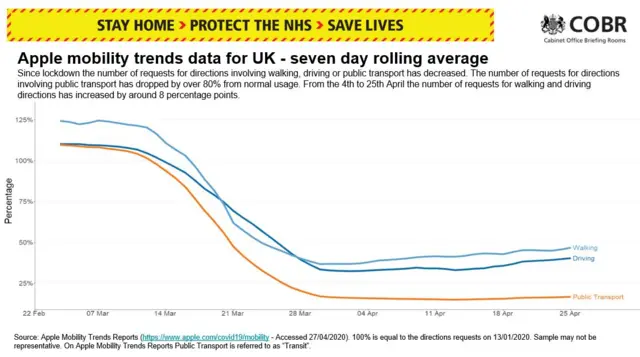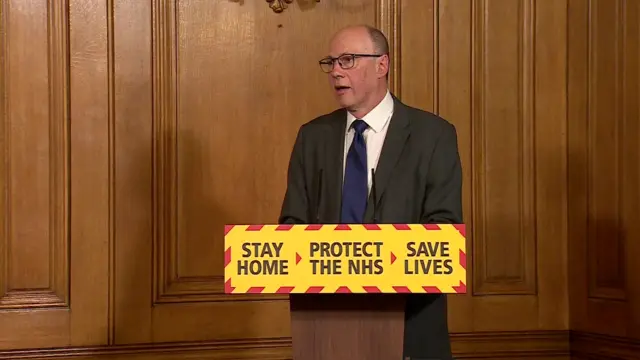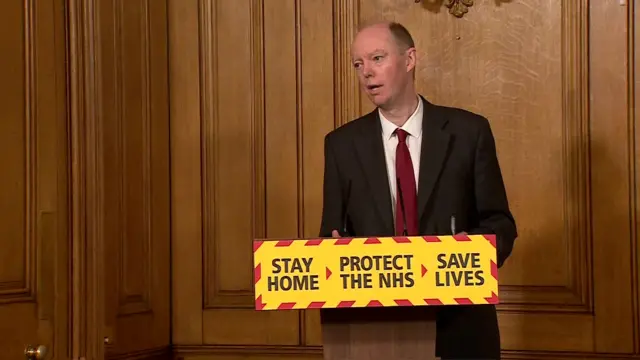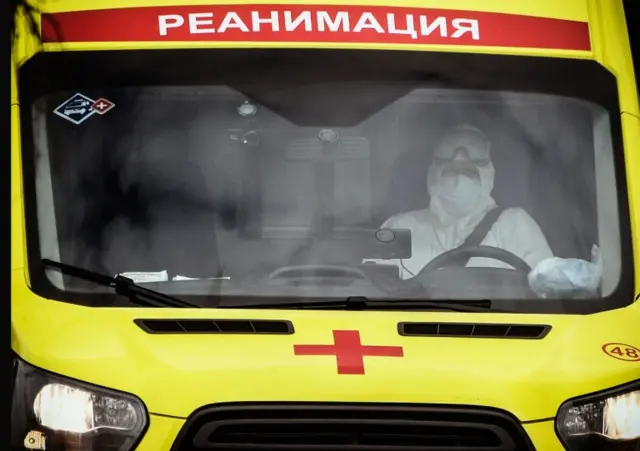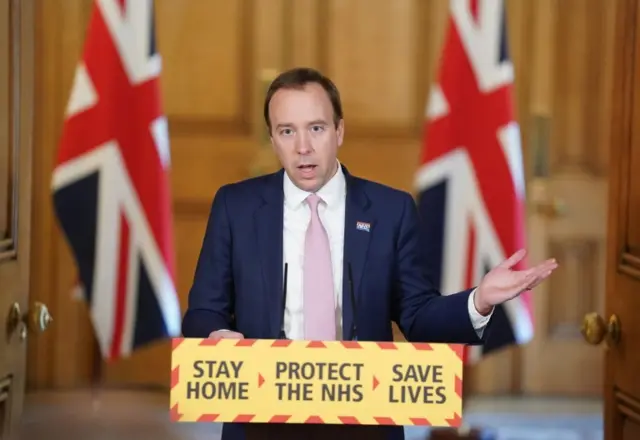Global virus cases pass three millionpublished at 18:07 BST 27 April 2020Breaking
There have now been more than three million cases of Covid-19 recorded around the world, according to tracking by Johns Hopkins University, external.
More than 208,000 people are known to have died.
